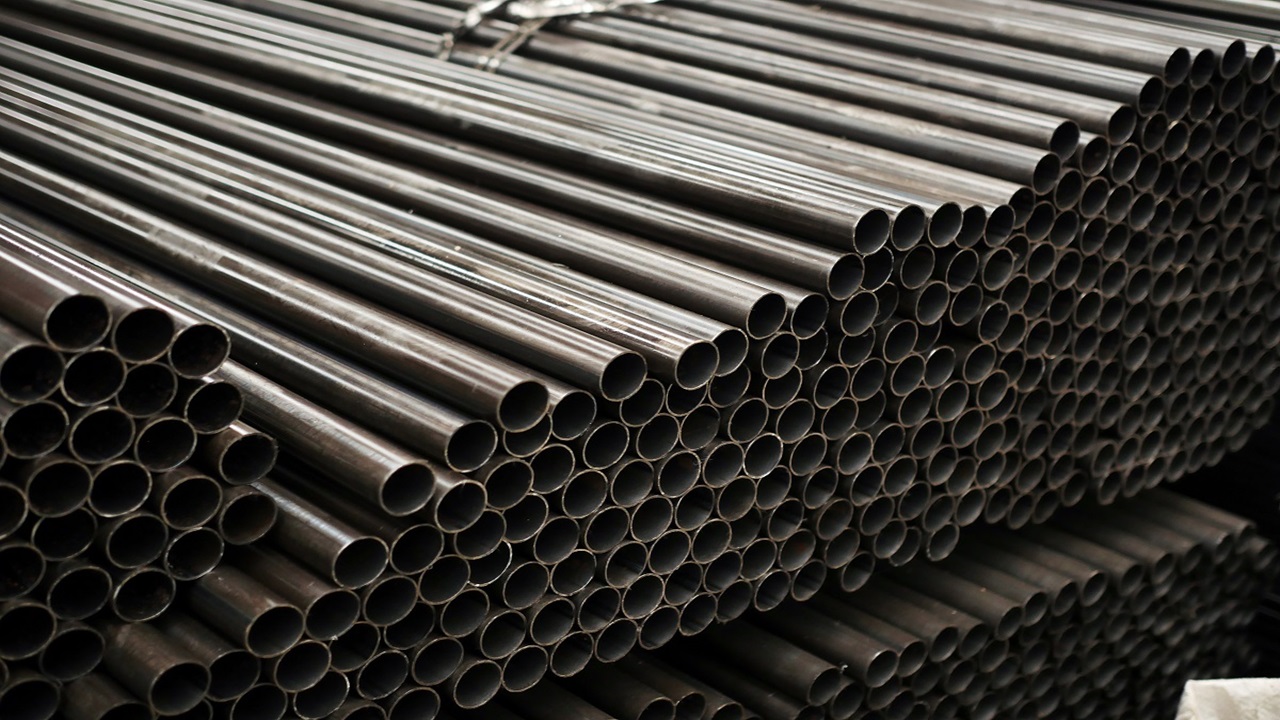The construction and water supply sectors, together with other industries, depend on Galvanized Iron (GI) pipes for their essential operations. GI pipes provide reliable solutions because they demonstrate excellent strength alongside durability and corrosion resistance. Knowledge about GI pipes, along with their complete representation and industrial application methods, enables better project-specific decision-making regarding their utilization. Check out https://www.tuspipe.com/blog/gi-pipe-full-form/ for complete specifications of GI pipe Full Form.
What Is the Full Form of GI Pipe?
The complete name for GI pipe is galvanized iron. The production process starts with mild steel that receives a protective zinc coating. The protective zinc coating during galvanization extends the lifespan of steel pipes beyond what regular steel pipes can achieve. GI pipes find extensive use in areas with moisture exposure, chemical presence, and extreme weather conditions because of their protective zinc coating.
How GI Pipes Are Manufactured
The manufacturing process of GI pipes starts with using high-quality mild steel as the base material. A pipe mold of steel undergoes the first step before being submerged in a hot zinc bath. Hot-dip galvanization creates an effective bond between steel materials and zinc protective layers. The amount of zinc coating on pipe surfaces determines the extent to which corrosion can be resisted. Electro-galvanization serves manufacturers as a production technique to apply zinc through electrical processes, which form thin protective layers. The two zinc coating techniques improve the durability and operational performance of the pipe for diverse applications.
Why GI Pipes Are Popular in Industrial Applications
The industrial sector chooses GI pipes as their preferred material because they provide durability alongside versatility. Their resistance to rust and corrosion enables them to be perfect for fluid transportation in industrial settings where pipe failure could result in severe damage. The installation process of these pipes remains straightforward and they need minimal upkeep during their operational lifespan. GI pipes gain popularity because they provide excellent cost efficiency.
Common Industrial Uses of GI Pipes
Water Supply Systems
The main use of GI pipes exists in the water distribution system construction. GI piping supplies an optimal choice for water conveyance because it exhibits corrosion resistance and is suitable for transporting water between urban and rural settings. The water distribution network employing pipes successfully brings water supplies to agricultural fields during irrigation.
Construction and Structural Support
The building framework, together with structural frameworks and scaffolding systems, depend on GI pipes for their vital support during construction operations. These pipes show excellent performance throughout infrastructure work since they uphold heavy installations and resist severe climatic elements.
Plumbing and Drainage
Premises of all types employ GI pipes throughout their plumbing systems. Multiple years of consistent water and sewage system operations are possible through GI pipes, which prevent pipe deterioration. These pipes demonstrate resistance to high water pressure, which makes them appropriate for extensive plumbing applications.
Firefighting Systems
All built structures that operate as industries or commercial ventures must keep fire protection as their fundamental safety need. The transportation of water by sprinkler systems, including fire hydrants, depends on GI pipes to accomplish this task. The fire-resistant characteristics of these vital systems, which the pipes provide, lead to elevated safety measures.
Oil and Gas Industry
GI pipes serve as essential components for the oil and gas industry because they transport gases and liquids during operations. GI pipes deliver proper functionality in challenging environments because they unite strength with corrosion resistance properties, which reduces the risk of leaks or pipe failures.
Handrails and Fencing
GI pipes find applications in fencing systems and handrail construction in addition to their industrial functions. GI pipes provide excellent protection against weather elements, so they remain suitable for outdoor structures that otherwise face rapid deterioration from rain and sun exposure.
Choosing the Right GI Pipe for Different Applications
The critical elements in GI pipe selection consist of pipe diameter and wall thickness as well as the method of galvanization. Hot-dip galvanized pipes with additional zinc thickness should be selected for applications requiring maximum resistance against corrosion. Electro-galvanized pipes should be selected when weight reduction and flexibility requirements take precedence over other factors. The selection of pipes should focus on meeting both industry standards regarding quality standards and performance specifications.
Conclusion
GI pipes function as fundamental industrial equipment because they integrate long-lasting properties with corrosion protection features and affordable price performance. The water supply infrastructure and construction projects, as well as oil and gas pipelines, gain advantages from these pipes due to their performance and reliability under demanding conditions. GI pipes stand as the foremost choice for experts in all professions due to their wide range of possible applications. The scientific knowledge about the full form, production methods, and industrial usage helps practitioners select appropriate pipes for their construction needs, which increases both project security and efficiency rates.

